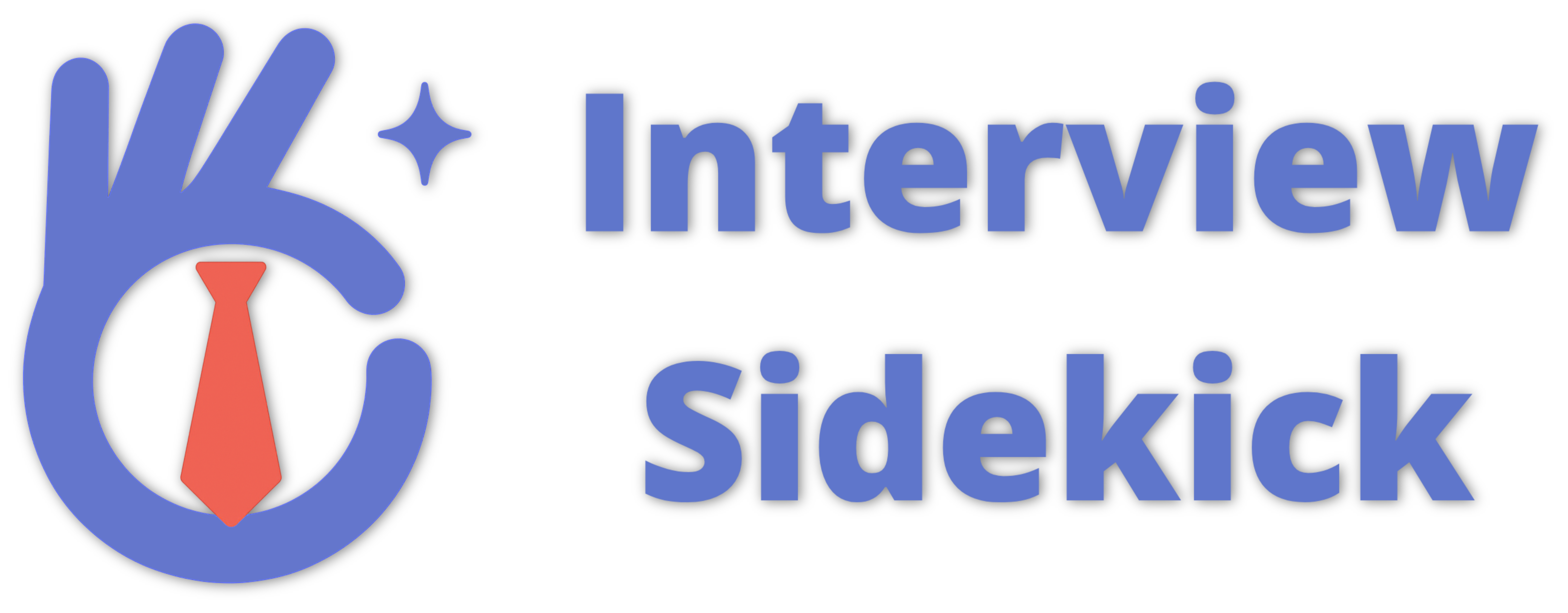Game Engine Programmer Interview Preparation (Step-by-Step Guide with Tips and Examples)

Struggling with game engine complexities? You’re not alone. A clear, structured roadmap will help you navigate the critical areas of rendering, physics, AI, and performance optimization.
Overcoming Common Interview Prep Pain Points
Deep Knowledge Required: Game engines involve complex topics like memory management, multithreading, and rendering pipelines.
Optimization Challenges: Performance tuning requires advanced debugging and profiling techniques.
Low-Level Programming: Strong C++ and hardware optimization skills are essential.
Time Constraints: Preparing while managing daily responsibilities is difficult.
Your 4-Week Preparation Roadmap
This week-by-week guide ensures comprehensive preparation for your interview.
Week 1: Master Low-Level Programming & Engine Architecture
Focus: C++, memory management, and engine structure.
Daily Goals:
Day 1: Review advanced C++ concepts (RAII, smart pointers, templates).
Day 2: Study memory allocation techniques and performance considerations.
Day 3: Learn about engine subsystems (graphics, physics, audio, networking).
Day 4: Explore multithreading and parallel processing in game engines.
Day 5: Understand game loops and frame updates.
Day 6: Study common game engine design patterns.
Day 7: Review and debug existing engine codebases.
Tip: Be ready to discuss how game engines handle memory fragmentation.
Week 2: Rendering Pipeline & Graphics Optimization
Focus: GPU programming, shaders, and rendering performance.
Daily Goals:
Day 1: Learn the rendering pipeline (DirectX, OpenGL, Vulkan, Metal).
Day 2: Study shaders (HLSL, GLSL) and write custom vertex & fragment shaders.
Day 3: Optimize rendering performance (culling, LOD, batching).
Day 4: Explore real-time lighting and shadow techniques.
Day 5: Study post-processing effects (bloom, anti-aliasing).
Day 6: Debug and profile GPU performance using tools like RenderDoc.
Day 7: Implement a simple rendering engine component.
Tip: Be prepared to explain how deferred rendering works.
Week 3: Physics, AI, and Scripting Systems
Focus: Physics engines, AI behavior, and scripting integration.
Daily Goals:
Day 1: Learn physics engines (Havok, PhysX, Bullet).
Day 2: Study rigid body dynamics and collision detection.
Day 3: Explore AI pathfinding (A*, navigation meshes).
Day 4: Implement finite state machines for AI behavior.
Day 5: Study scripting integration (Lua, Python, or Blueprints).
Day 6: Debug and optimize physics simulations.
Day 7: Review game AI system architectures.
Tip: Be prepared to discuss the trade-offs of deterministic vs. non-deterministic physics simulations.
Week 4: Optimization, Debugging, and Mock Interviews
Focus: Profiling, debugging, and interview practice.
Daily Goals:
Day 1: Learn engine profiling tools (VTune, PIX, Unreal Insights).
Day 2: Optimize CPU and GPU bottlenecks.
Day 3: Study networking and multiplayer synchronization techniques.
Day 4: Conduct mock technical interviews.
Day 5: Review past projects and prepare for behavioral questions.
Day 6: Participate in a real-world engine debugging challenge.
Day 7: Rest, reflect, and prepare mentally for the interview.
Tip: Be ready to discuss your approach to debugging performance bottlenecks in a game engine.
Bringing It All Together
By following this roadmap, you’ll be fully prepared for your Game Engine Programmer interview.
Master the Basics: Strong C++ and engine fundamentals are essential.
Focus on Optimization: Performance is a key topic in game engine programming.
Use the Right Tools: Profilers and debugging tools are your best friends. Practice with interactive resources.
Stay Confident: Your structured preparation will give you the edge.
Start preparing today and move one step closer to building cutting-edge game engines!
